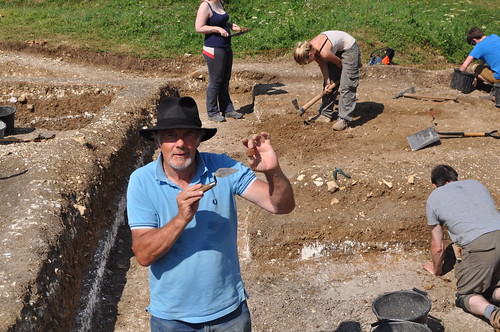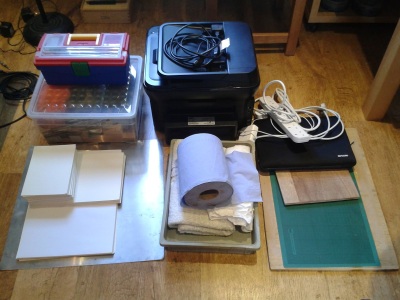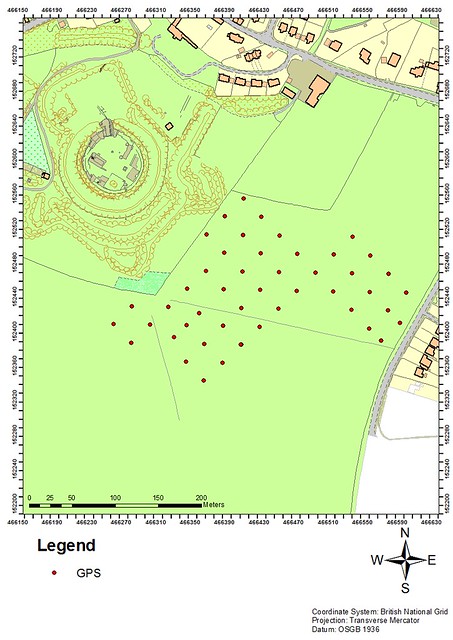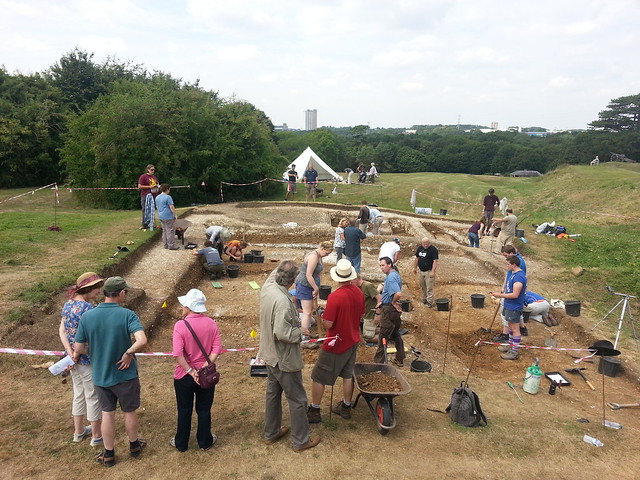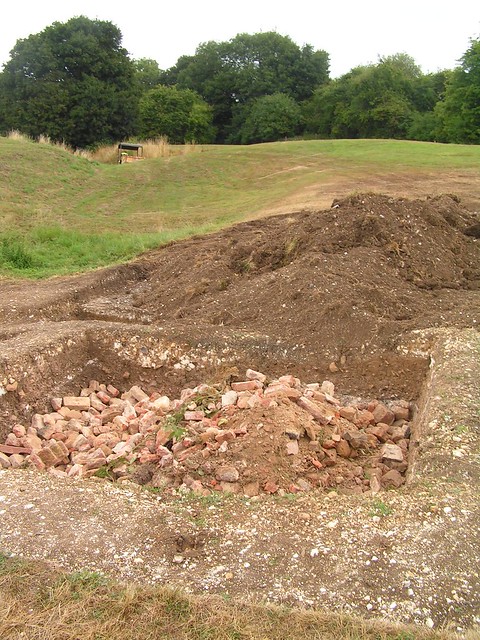
Logo Competition 2014
New Project Logo Needed!
PRIZE FOR THE WINNING LOGO DESIGNER:
Family ticket for entry to Basing House AND Milestones Museum, Basingstoke.
So its now 2014, and we’re busy planning this Summer’s dig, and we’re in desperate need of a new logo for this year’s season.
Any suggestions or indeed complete logos would be very much appreciated.
Continue reading →

